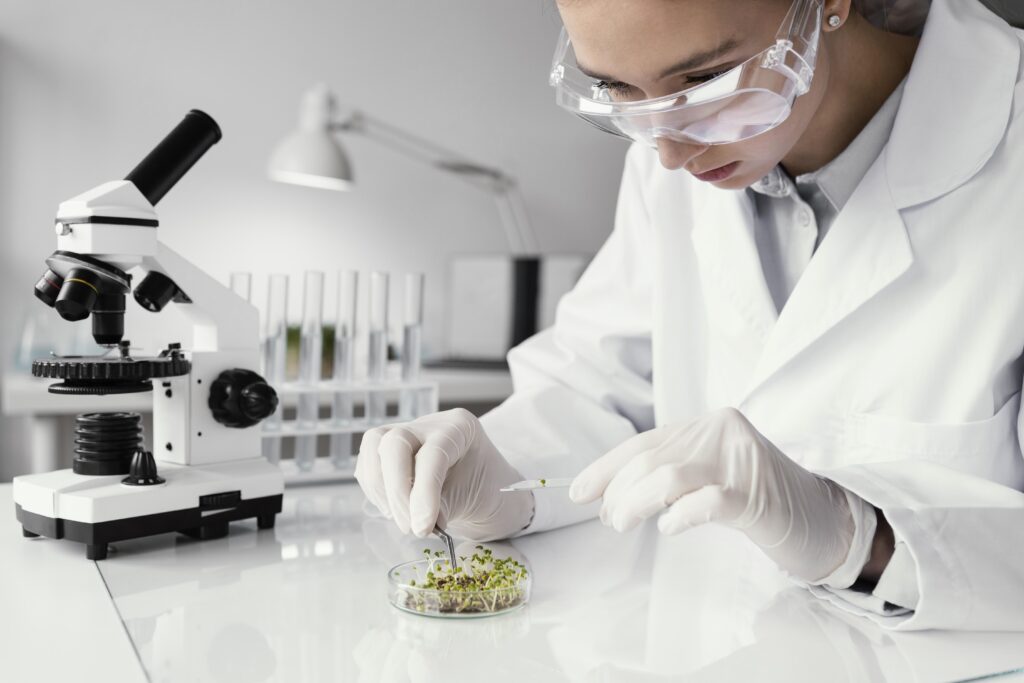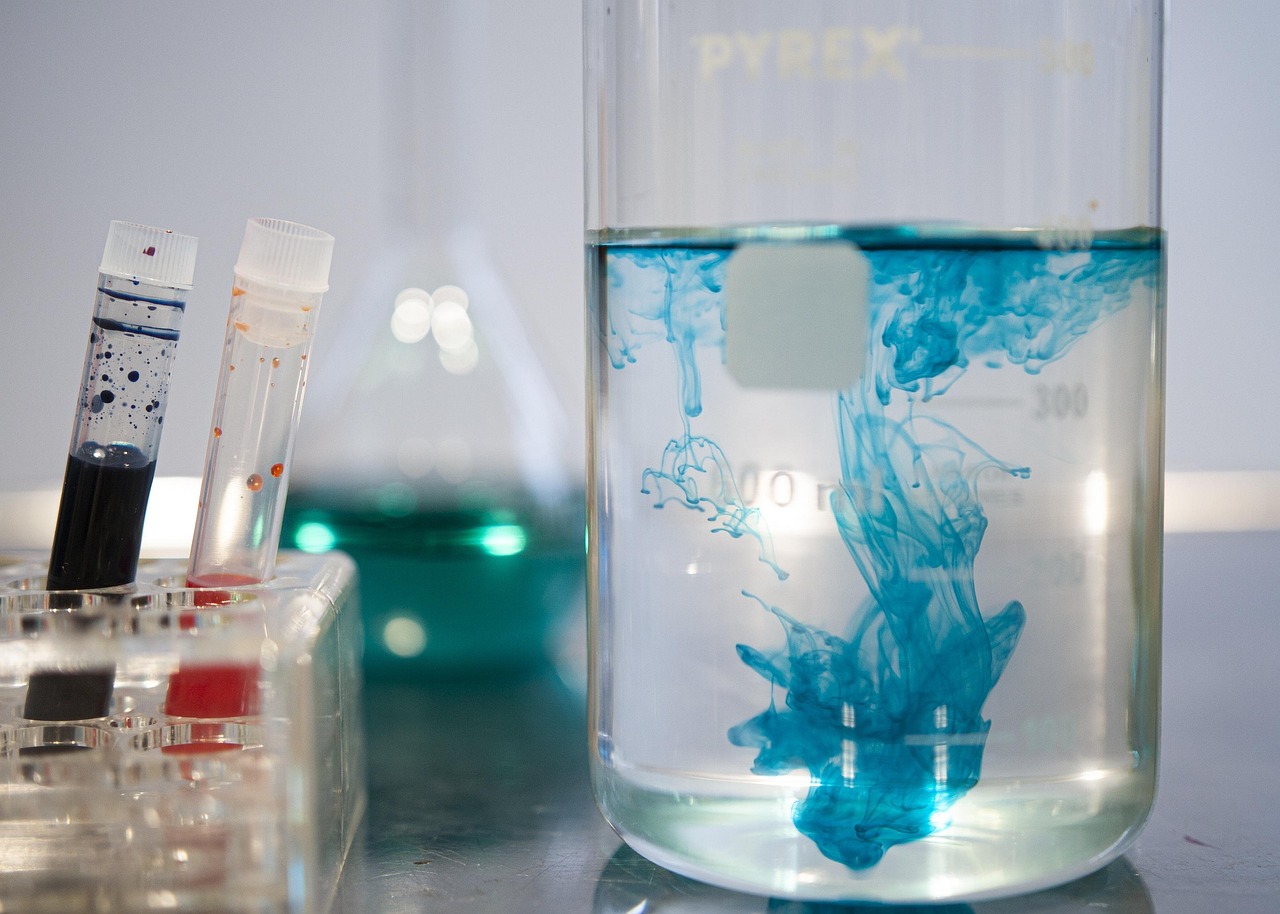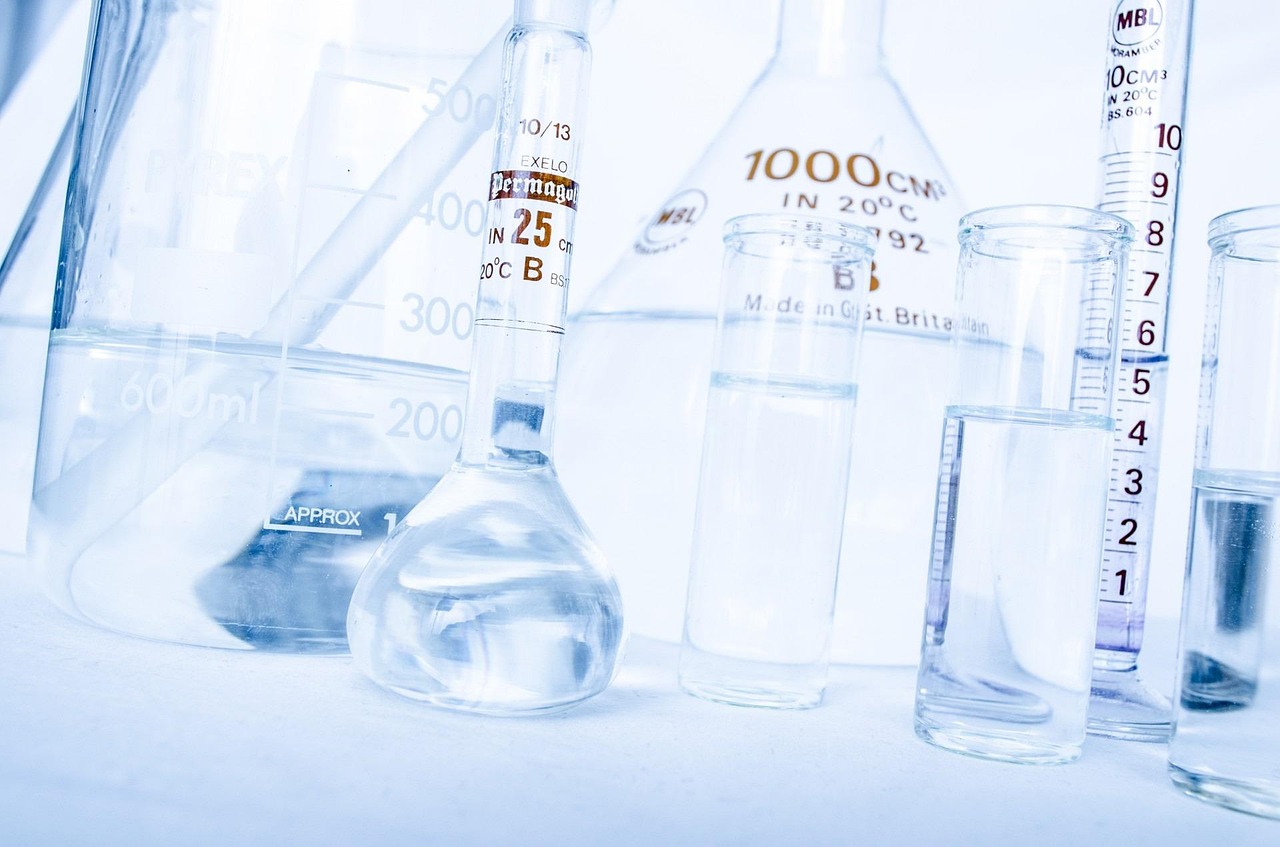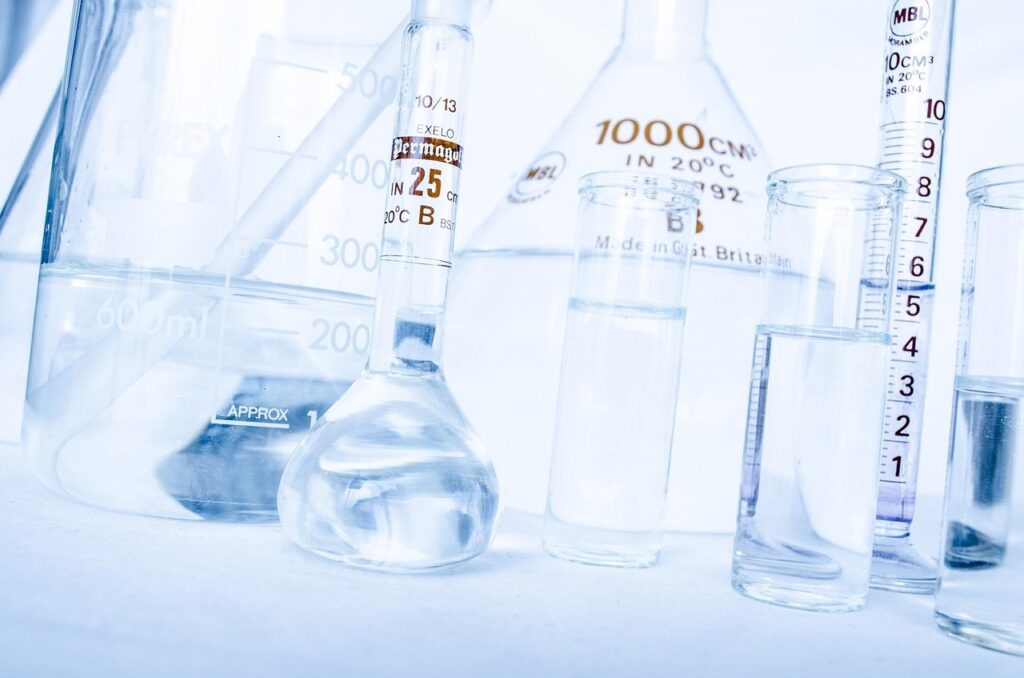Food safety and quality are major concerns for manufacturers, consumers, and government agencies. Nutritional testing services are crucial to this process because they offer precise and trustworthy food product analysis to confirm nutritional composition, identify contaminants, and guarantee regulatory compliance. This blog explores how these services support food safety and the reasons that make them essential to the contemporary food sector.
The Importance of Nutritional Testing Services
Nutrition testing services are essential for several reasons. They assist with confirming the nutritional data given on food labels, ensuring that consumers are properly informed about the goods they eat. This is especially crucial for people with specific nutrient requirements due to medical problems or dietary limitations. These services make sure food products are free of hazardous contaminants and satisfy the required nutritional criteria by performing comprehensive analysis.
Key Areas Where Nutritional Testing Services Enhance Food Safety
1. Verification of Nutritional Content
Verifying the nutritional value of food products is one of the main purposes of nutritional testing services. This entails examining a variety of elements, including proteins, lipids, carbs, minerals, vitamins, and fiber. Precise nutritional data assists customers in making well-informed dietary decisions and aids producers in preserving the caliber and uniformity of their goods.
For example, nutrition testing services will confirm the true amount of vitamin C present in food products that make such claims. This stops deceptive advertising and guarantees that customers get the expected nutritional advantages.
2. Detection of Contaminants
Food safety includes making sure that food products are free of dangerous pollutants in addition to their nutritional value. To identify pollutants such as heavy metals, herbicides, infections, and allergies, nutritional testing services are essential. The identification and removal of these contaminants should be given high attention because they can seriously endanger consumers’ health.
For instance, it is essential to test for heavy metals like lead and mercury since even in low quantities, these compounds can have a serious negative impact on health. Nutritional testing services make sure food products are safe to eat by using cutting-edge methods to detect and measure these pollutants.
3. Compliance with Regulatory Standards
Strict guidelines for food safety and nutritional value are imposed by regulatory agencies like the European Food Safety Authority (EFSA) and the Food and Drug Administration (FDA). Nutritional testing services assist producers in adhering to these laws by offering comprehensive documentation and analysis of the nutritional profiles of their products.
Sustaining consumer confidence and averting legal problems depend on regulatory compliance. Nutritional testing services guarantee that food items fulfill all necessary safety and quality criteria, allowing for a seamless launch into the market and long-term customer trust.
Advanced Techniques Used in Nutritional Testing Services
Nutrition testing services employ a variety of advanced techniques to ensure accurate and reliable results. These techniques include:
1. Chromatography
Chromatography is an effective method for separating and examining intricate combinations of substances. Chromatography is a commonly used technique in nutritional testing to determine and measure the presence of vitamins, amino acids, and other nutrients in food products. This method yields accurate and comprehensive data regarding the nutritional makeup of food.

2. Mass Spectrometry
The mass-to-charge ratio of ions is measured by mass spectrometry, which enables the identification and measurement of different substances in a sample. This method works very well for identifying impurities and confirming the existence of particular nutrients. Mass spectrometry is used by nutritional testing services to verify that food products are safe and fulfill nutritional claims.
3. Enzyme-Linked Immunosorbent Assay (ELISA)
A popular method for identifying and measuring particular proteins in food products, such as allergens and pollutants, is enzyme-linked immunosorbent assaying (ELISA). Because of this method’s extreme sensitivity and ability to identify allergens in even minute concentrations, food products can be safely consumed by allergy sufferers.
Benefits of Nutritional Testing Services for Manufacturers and Consumers
1. Improved Product Quality
Manufacturers can make sure that their goods continuously live up to high standards by employing nutrition testing services. This increases customer loyalty and trust while also improving the product’s overall quality.
2. Enhanced Consumer Safety
Nutrition testing services are essential for protecting consumer health since they identify dangerous pollutants and guarantee nutritional information that is correct. This lowers the risk of foodborne illnesses and empowers consumers to make educated dietary decisions.
3. Regulatory Compliance
Compliance with regulatory standards is essential for avoiding legal issues and maintaining market access. Nutritional testing services provide the necessary documentation and analysis to demonstrate compliance with all relevant regulations, facilitating smooth market entry and operation.
Case Studies: Success Stories of Nutritional Testing Services
1. Improving Food Safety in the Dairy Industry
A well-known dairy producer has difficulties guaranteeing the security and nutritive value of their goods. Through collaboration with a reliable nutritional testing agency, they were able to detect and remove impurities, confirm nutritious value, and adhere to legal requirements. This strengthened their reputation in the market in addition to improving the items’ quality and safety.
2. Ensuring Nutritional Accuracy for Health Supplements
A manufacturer of health supplements had to make sure that the nutritional claims made on the labels were fulfilled by their goods. In order to make sure the supplements provided the advertised health advantages, nutrition testing services offered thorough study and verification of the supplement’s nutritional content. As a result, the company’s market share increased and consumer trust was strengthened.
Conclusion
Nutrition testing services are indispensable for ensuring food safety and quality. By verifying nutritional content, detecting contaminants, and ensuring compliance with regulatory standards, these services play a vital role in protecting consumer health and enhancing the overall quality of food products. For manufacturers, partnering with reliable nutritional testing services is a crucial step in maintaining product quality, building consumer trust, and achieving long-term success in the competitive food industry.
Incorporating nutritional testing services into the food production process is not just a regulatory requirement but a commitment to providing safe, high-quality food to consumers. As the food industry continues to evolve, the role of nutritional testing services will only become more significant, driving innovation and ensuring the highest standards of food safety and quality.











